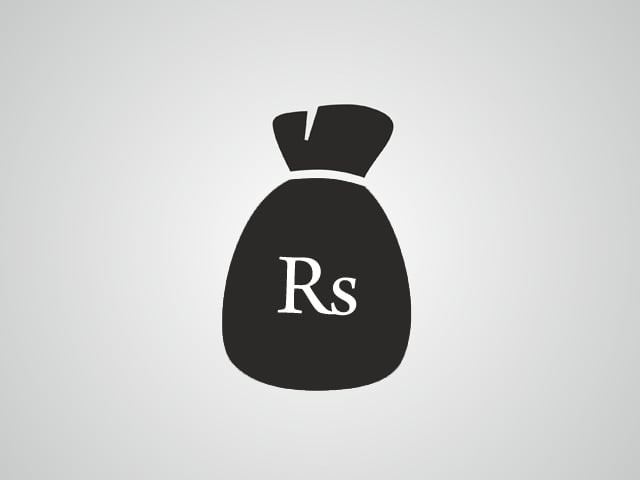First review: Govt failed to keep spending in check, says IMF
Finance ministry spokesman says IMF projections are not the same as those of the government’s.

Finance ministry spokesman says IMF projections are not the same as those of the government’s. PHOTO: FILE
If the International Monetary Fund (IMF) is to be believed, the Pakistan Muslim League-Nawaz government appears to be following in the footsteps of its predecessors when it comes to keeping its spending within the limits of the budget approved by parliament.
The IMF report on the first review of the $6.7 billion bailout package reveals that the federal budget for fiscal year 2013-14 will be overrun by Rs161 billion. The government’s expenses are expected to increase to Rs3.818 trillion by the end of June 2014, showing a 4.4% increase over the Rs3.657 trillion budget approved by parliament.

The anticipated budget overrun underscores the deep-rooted
tendency of the finance ministry to undermine the approved budget – a practice which was the norm under the previous Pakistan Peoples Party-led government.
The slippages are anticipated on account of defence budget, interest payments and subsidies. The Rs161 billion overrun includes a Rs20-billion increase in defence spending – the report estimates defence spending will hit Rs647 billion by the end of the fiscal year.
The report also reveals that the IMF is complicit in the budget overrun by allowing the government to show circular debt payments as ‘net lending’. Against the earlier net lending estimate of Rs8 billion, net lending will remain at Rs91 billion by end of this fiscal year, the report shows.
According to an expert, the net lending includes the amounts given to public sector enterprises.

“By showing such payments as net development lending, the government is inflating both investment figures and development spending,” he said. “The IMF’s decision to show this amount as net lending is tantamount to becoming the government’s ‘partner in crime’”.
Because of this measure, development expenditures and net lending has been estimated at Rs925 billion – Rs83 billion higher than the budget from 2013-14.
Actual federal public development spending has been shown as Rs420 billion – Rs140 billion less than the budget. The remaining Rs414 billion have been chalked down to provincial development spending.
The report also shows interest payments as amounting to Rs1.113 trillion, Rs45 billion higher than the budget. Overall subsidies have been shown as Rs336 billion, higher by Rs12 billion.
“The security situation in Pakistan remains difficult, with alarming terrorist activity, as well as sectarian violence and criminal activity, which continue to depress investment and growth,” the report states.
“These are the IMF projections, which are not necessarily projections of the government of Pakistan,” Finance Ministry Spokesperson Rana Assad Amin told The Express Tribune.
Balancing act
Despite the Rs161 billion overrun, the international lender has kept the current fiscal year’s budget deficit unchanged. The deficit amounts to Rs1.457 trillion or 5.8% of the GDP.
To cover the gap, the government has assured the IMF that its non-tax revenues will remain at Rs971 billion, higher by Rs188 billion or 24%. Details of the non-tax revenues were not immediately available, however.
The IMF, in its report, said development spending and targeted cash transfers to the poor under the Benazir Income Support Programme remained slow. However, it supported the slow development spending and said the shortfall in development spending reflects in part a prudent stance to executing expenditures plans, “as risks to (tax) revenue outlook remain high.”
The lender also noted that the Federal Board of Revenue’s collection in the first quarter was higher than envisaged but cautioned that this trend may not continue.
The IMF did not subscribe to the government’s claims of restoring economic stability, and said the economy would grow to a modest 2.8% in the current fiscal year.
The government has claimed an early victory by saying that the GDP grew by 5% in the first quarter of 2013-14.
Finance Minister Ishaq Dar told his cabinet colleagues on Wednesday that if the trend continued, the government would reach its 7% growth target in two years instead of the planned three.
Published in The Express Tribune, January 5th, 2014.


















COMMENTS
Comments are moderated and generally will be posted if they are on-topic and not abusive.
For more information, please see our Comments FAQ